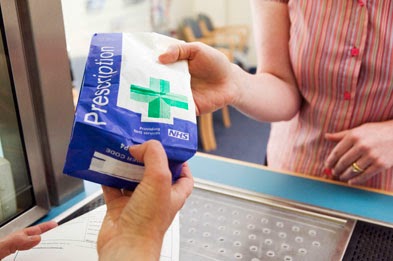Researchers have found a genetic marker associated with obsessive compulsive disorder (OCD). The finding could help increase the understanding of this mental disorder and aid in the development of new treatments.
It is estimated that OCD affects 1 to 2 percent of the U.S. population. According to the World Health Organization (WHO), OCD is one of the more disabling mental health conditions worldwide. Now, a group of researchers has identified a genetic marker that may be associated with the development of OCD.
OCD is one of the least understood mental disorders in terms of causes and mechanisms. Treatment for the disorder includes antidepressants, known as SSRIs, and behavioral therapy. However, these treatments are only effective for some people.
According to the National Institutes of Mental Health (NIMH), OCD is characterized by intrusive thoughts that produce anxiety (obsessions), repetitive behaviors engaged in to reduce anxiety (compulsions), or a combination of both. OCD can have a tremendous negative impact on daily functioning.
[via - healthline.com]
It is estimated that OCD affects 1 to 2 percent of the U.S. population. According to the World Health Organization (WHO), OCD is one of the more disabling mental health conditions worldwide. Now, a group of researchers has identified a genetic marker that may be associated with the development of OCD.
OCD is one of the least understood mental disorders in terms of causes and mechanisms. Treatment for the disorder includes antidepressants, known as SSRIs, and behavioral therapy. However, these treatments are only effective for some people.
According to the National Institutes of Mental Health (NIMH), OCD is characterized by intrusive thoughts that produce anxiety (obsessions), repetitive behaviors engaged in to reduce anxiety (compulsions), or a combination of both. OCD can have a tremendous negative impact on daily functioning.
[via - healthline.com]



















